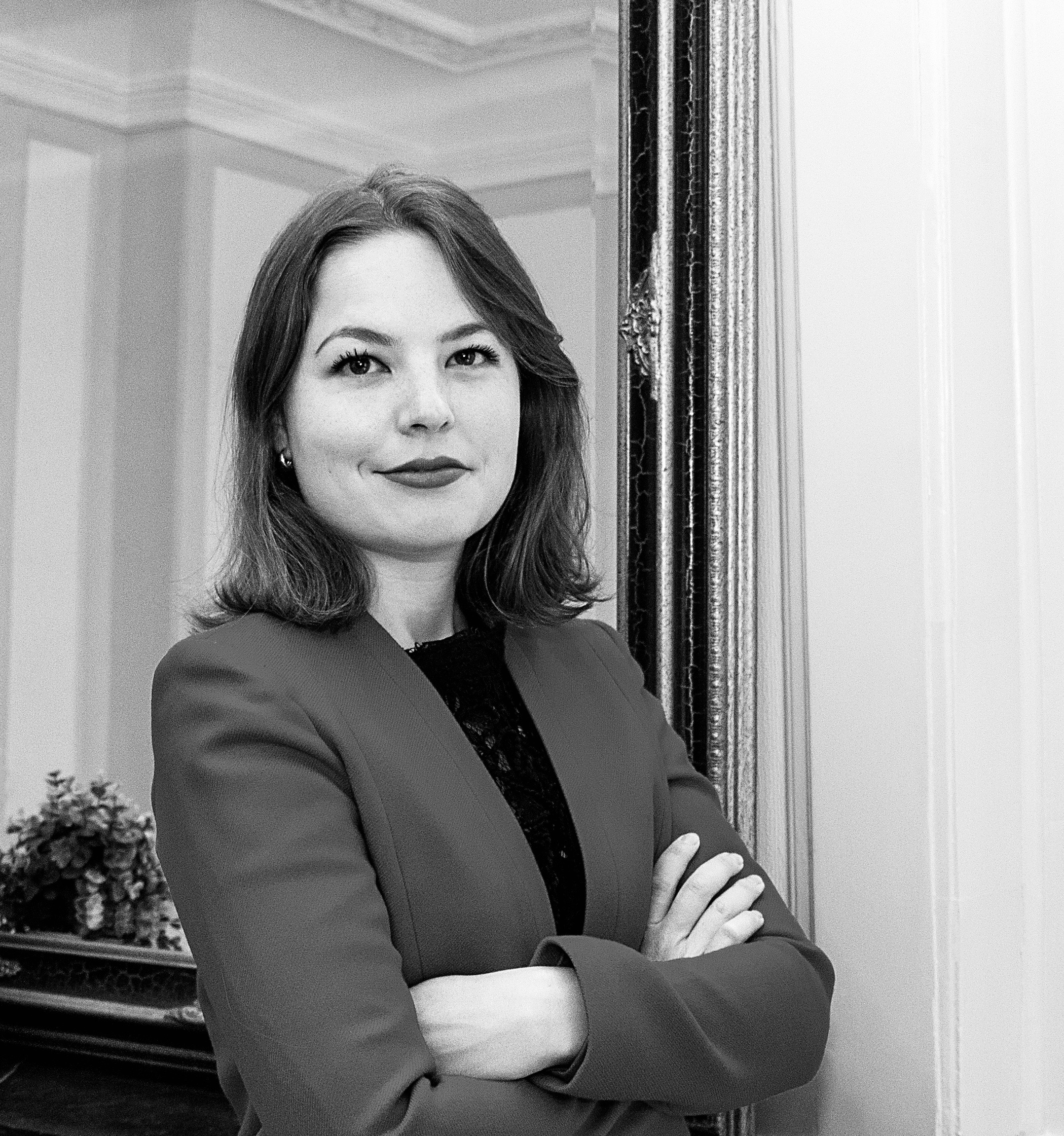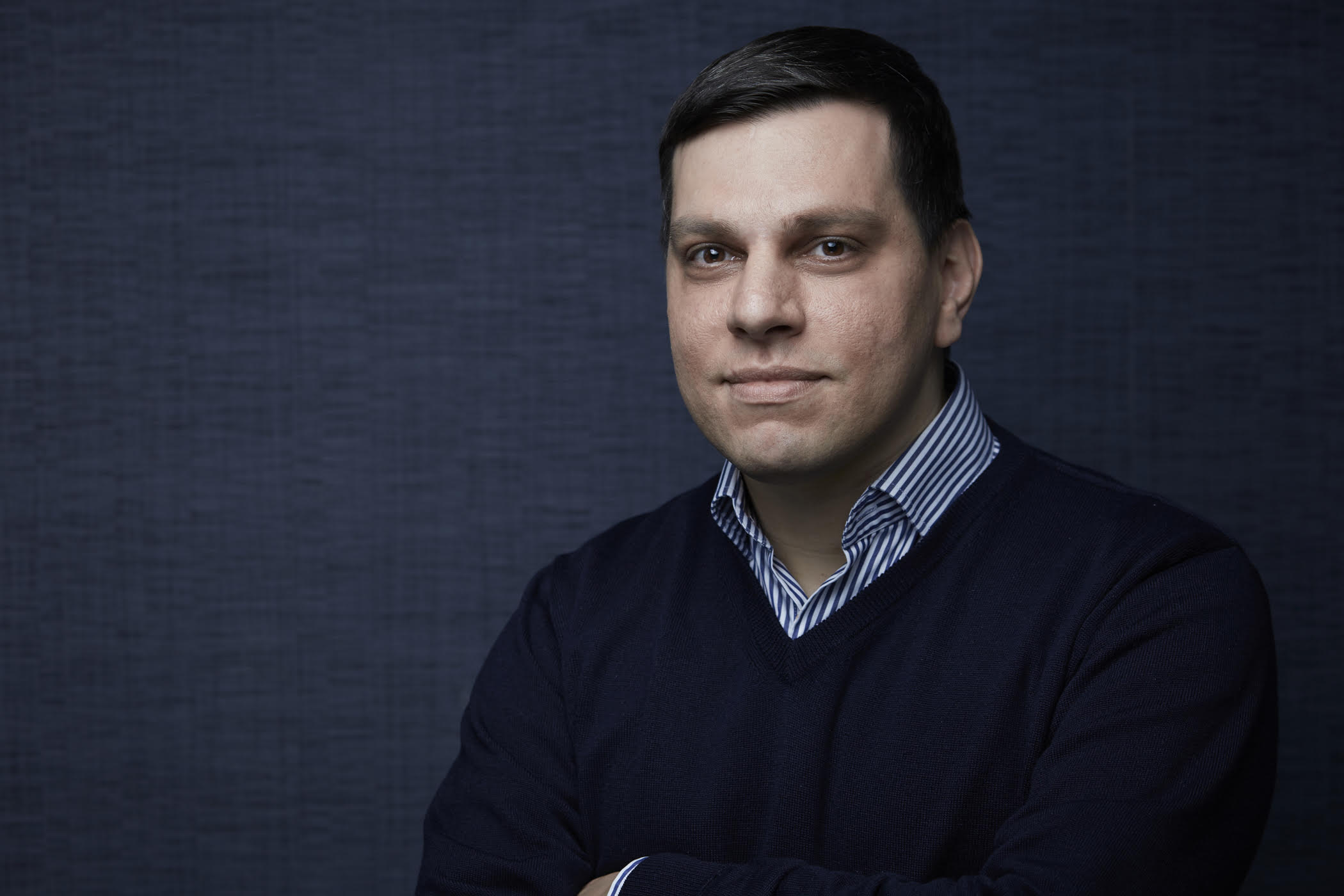Partner Session: Technology, Trust and Legitimacy: An Uneasy Relationship (in Partnership with the UNDP)
Discussion points:
- Balancing modernity and humanity: can we move forward and keep innovating, while also preserving and extending trust?
- Who can we trust in 2020?
- How to place humans (and humanism) back to the centre of modernisation and technological development?
Trust is the basis around which all human relationships evolve. Trust is fragile. Even before COVID-19, governments, corporations and media faced significant challenges around trust and technology. The pandemic has exacerbated these challenges. Trust is essential for agility, transformation and resilience. We live in the era where almost every aspect of life has a digital dimension. For citizens, the amount of information and choice can seem bewildering. Many private companies and governments that were supposed to act as trustees of society, demonstrated that they are exploiting technologies for their narrow political or economic interests.
Cloud services empower social interaction and economy; yet, they enable violence, terrorism and disinformation to propagate, and allow companies to disclose personal data to third parties for targeting ads or state surveillance. AI will further increase this rift, contrasting our smart and autonomous environment with advanced manipulations of videos, news and markets, and ultimately automated armies deployed for violence beyond human control. States digitalise critical services, but at the same time exploit vulnerabilities of cyberspace to attack other states’ hospitals and electoral processes – even their own citizens, journalists and activists. Citizens benefit from moving their entertainment and business online but are willingly trading their own security and privacy for free services or popular products. We end up trusting no one – not even ourselves – while battling for citizen empowerment against state and business aspirations for supremacy.
In the session we will try to find out who can we trust today, in the chaos of the global networked world, will advanced technology reduce the space for human agency and, ultimately, our right to make personal, political, and economic choices. But also, how to place humans (and humanism) back to the centre of technological development.





